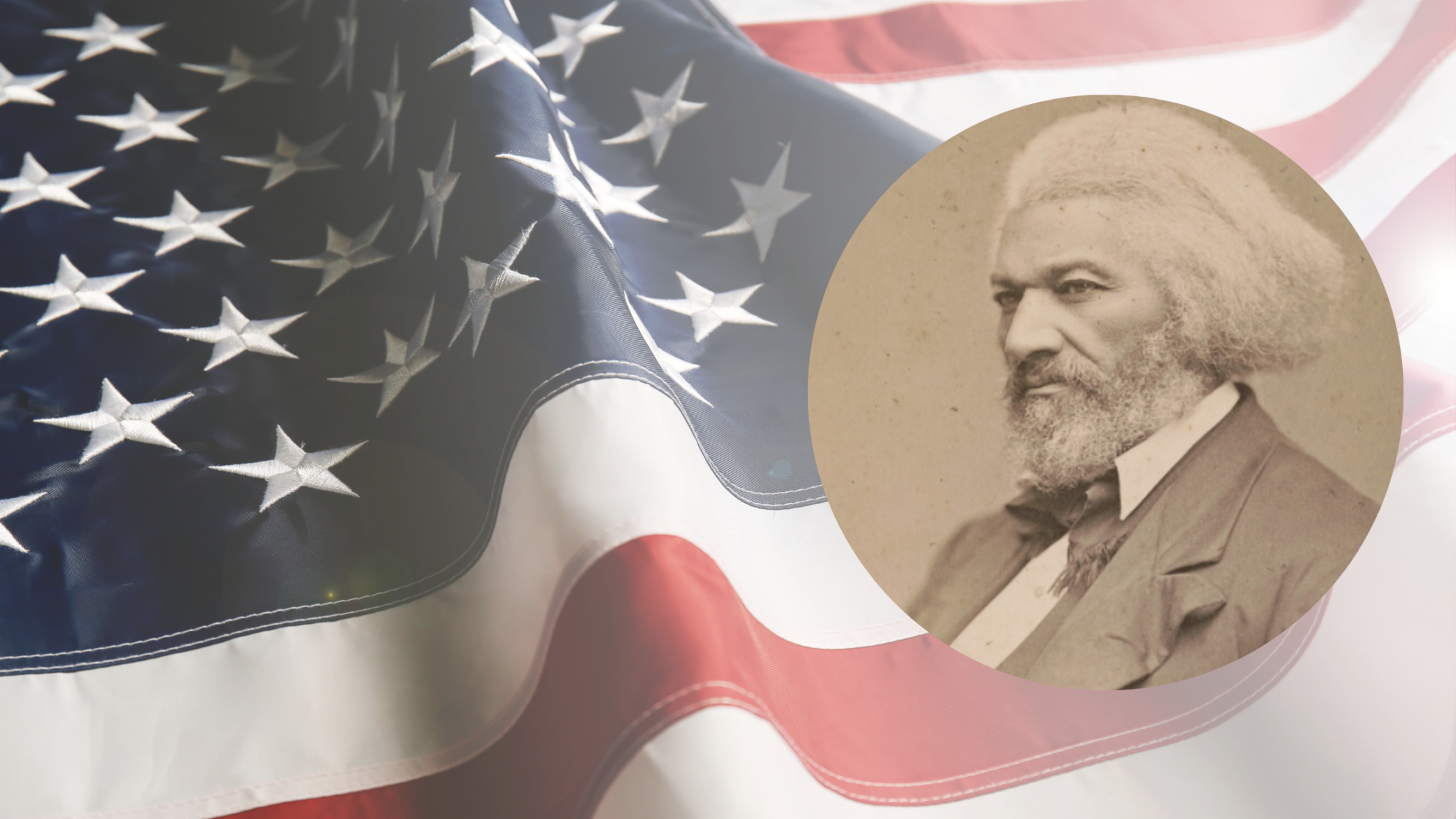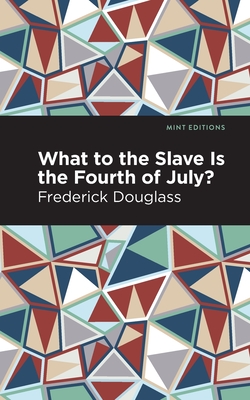
What does the Fourth of July mean to America’s marginalized citizens?
June 25, 2024
Intern, Reading Partners Baltimore
For many Americans, the Fourth of July is a day to commemorate the anniversary of our country’s independence. Full of fireworks, family, and barbecues, many Americans waive their flags, dress up, and ordain their houses in red, white, and blue. For other Americans, however, this federal holiday is a reminder of the United States’ history of disregard and outright malice towards marginalized citizens for the past few centuries.
This tension between celebration, reflection, and pain has been a conundrum felt by citizens for nearly two hundred years. Frederick Douglass, a famed abolitionist who managed to escape the shackles of slavery, put a voice to this struggle during one of his most heralded speeches in 1852, “What to the Slave is the Fourth of July?”
Frederick Douglass dedicated his life as a free man to the emancipation of slaves and citizenship and by extension, the right to vote for Black men. He notably extended this support towards women’s suffrage as well, seeing the parallels in which Black men and all women had been subjugated under oppression by the white man. Douglass’ speech still stands the test of time and the questions he posed are as relevant today as they were then. So, what does the Fourth of July mean to a marginalized American?
The legendary speech
 “What to the Slave is the Fourth of July?” is a question posed by Frederick Douglass in 1852 during one of his most famous speeches.
“What to the Slave is the Fourth of July?” is a question posed by Frederick Douglass in 1852 during one of his most famous speeches.
In 1850, sociopolitical tensions in the United States were at an all-time high. The South had grown increasingly displeased with the federal government and wanted to assert their own authority in order to abolish federal laws that were being forced upon them. The Southern way of life, as well as the South’s reliance on slavery as an institution was being threatened, and for this reason, Senator Henry Clay of Kentucky proposed the Compromise of 1850 in order to calm the brewing tension between the North and the South and avoid an all-out Civil War.
Along with the Compromise of 1850 came the Fugitive Slave Act of 1850. The act required that slaves be returned to their owners, even if they were in a free state. The act also made the federal government responsible for finding, returning, and trying escaped slaves. The main difference between this act and its previous iteration, the Fugitive Slave Act of 1793, was that it gave the federal government the authority to create a much more robust process for apprehending and returning fugitive slaves.
Frederick Douglass found these acts to be blasphemous, and it’s believed that the Compromise of 1850 and the passing of the Fugitive Slave Act of 1850 acted as the straw that broke the proverbial camel’s back for Douglass. In the wake of so much sociopolitical upheaval, Douglass was compelled to write his legendary Fourth of July speech.
Relevant themes
On July 5, 1852, Frederick Douglass gave a keynote address at an Independence Day celebration for the Ladies Anti-Slavery Society of Rochester. Considering his well-documented advocacy for suffrage of all people, both men and women alike, it made sense for the LASR to ask Douglass to give a speech on such a topic. Douglass felt honored by this fact, considering he had been in Rochester, New York for a couple of years editing a weekly abolitionist newspaper. It seemed like the irony of asking a Black man to orate at an Independence Day conference got lost on its organizers, and instead of refusing the invitation, Frederick Douglass took this opportunity to pose the question, “What to the Slave is the Fourth of July?”
In his speech, Douglass acknowledged the Founding Fathers of America, the architects of the Declaration of Independence, for their commitment to “life, liberty and the pursuit of happiness.” and called the U.S. Constitution a “glorious liberty document.” He then begged the question, how in a country that holds such values, is slavery allowed to exist? Why are the rights outlined in the Constitution not being extended to all people, regardless of race or color?
Later in his speech, Douglass would answer these questions: “What, to the American slave, is your 4th of July? I answer: a day that reveals to him, more than all other days in the year, the gross injustice and cruelty to which he is the constant victim.”
To the Black man, said Douglass, the fanfare of the Fourth of July was a scam. The atrocities being committed in the United States were unlike anywhere else in the world. And, by using the word “your” when speaking to the audience, he intentionally implied how the Fourth of July was only a celebration for those who can actually exercise said rights. For an enslaved person, he argued, there is frankly nothing to celebrate on this day.
The tenacity held by Frederick Douglass was truly unmatched at the time, and his forward thinking nature is one of the many reasons he’s held in such high honor even to this day. Despite how heavy the subject matter was in his speech, Douglass still found a way to leave his audience with a sense of hope: “This celebration also marks the beginning of another year of your national life; and reminds you that the Republic of America is now 76 years old. I am glad, fellow citizens, that your nation is so young.”
He shared that America still had a long way to go, but its future was also rife with change, and the sentiments held by him and the thousands of abolitionists beside him would most likely become commonplace. And, he was right.

Image by Gordon Johnson from Pixabay
A modern day notion
Being an American today means many different things to different people. Some of us have ancestors who willingly came to this country and have families that have been here for generations. There are others though, whose ancestors were brought here against their will and condemned to over 200 years of slavery. Or, their ancestors were subject to an erasure of culture, being stripped of their identities and language in order to forcibly assimilate into the American way of life, such as the genocide of Indigenous peoples through the spread of disease, war, and the United States’ orchestrated killing of buffalo.
For those who don’t experience racism, discrimination, or prejudice, it can be easy to think that America has long since moved on from the wrongdoings of its past. With this complex history, though, it’s imaginable that one whose ancestors have been treated inhumanely struggle to be patriotic on a day like the Fourth of July. These people are well within their rights to be critical of such a day while still celebrating the Fourth of July and spending time with friends and family. Does that dissonance make them hypocrites? That is a question for each marginalized citizen of this country to grapple with on their own terms.
Banner photo: Library of Congress



